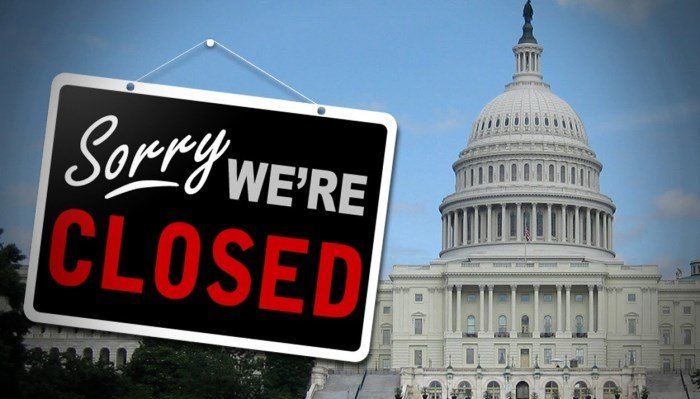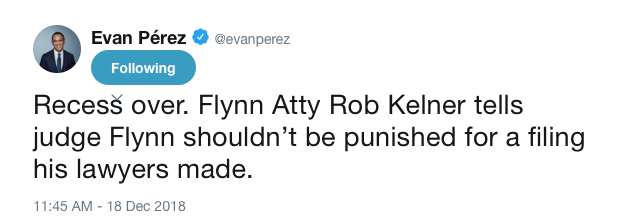
What, you may wonder, happens to suits against the federal government when the money spigot closes? And if you have a suit against the U.S. — say a Federal Tort Claims Act action — what should you do?
Good questions. Glad you asked.
Many courts have simply issued stays of all civil cases. Civil ones aren’t as urgent as criminal cases, as no one has their liberty in jeopardy.
But you know what? At least two judges in civil actions have now told the Department of Justice to go pound sand. One in West Virginia and one in Puerto Rico.
In the Puerto Rican case, a judge called the government request for a stay “laughable.” As per the Bloomberg article:
In a ruling denying the government request, U.S. District Judge William G. Young said lapses in federal appropriations, like the current one triggered by President Donald Trump’s demand for funding for a border wall with Mexico, aren’t a government “policy” that could theoretically justify staying such a lawsuit.
“Let us talk plain — they are simply an abdication by the president and the Congress (which could override a presidential veto) of the duty to govern responsibly to the end that all the laws may be faithfully executed,” Young said in the Jan. 2 ruling in San Juan. “Nor does such a lapse in any way excuse this court from exercising its own constitutional functions.”
Young…sarcastically compared the situation to a major corporation that “for whatever reason” decided not to pay its attorneys involved in pending litigation and instructed them not to interact with the court.
“Then the corporation says to the court, ‘We greatly regret any disruptions caused to the court and to other litigants, but please stay all proceedings until we get our act together.’ This does not constitute ‘good cause’ for any stay,” Young wrote. “In fact, it is laughable.”
Lawyers hate it when the judge calls your arguments “laughable.” There was no justification, in Judge Young’s view, for treating a plaintiff and defendant differently when it comes to moving a case forward. An excuse that doesn’t work for the plaintiff won’t work for a defendant.
In the West Virginia action, one judge issued an order granting a stay for all civil cases affected by the shutdown. But another judge said, nope, no way, not in my courtroom.
U.S. District Judge Joseph Goodwin issued a general order Jan. 2 exempting civil cases assigned to him from the federal shutdown.
So what happens if you have an action against the federal government? We’re not talking about immigration cases or police department consent orders or the census. We’re talking nuts and bolts basic cases of the type that don’t find their way into the news.
My suggestion? If a case is ready for suit, file that suit. Push the case forward. Take advantage of the fact that the defendant might not have a lawyer right now due to its own malfeasance.
Can you imagine starting a suit and the government failing to answer? A default. An automatic win for the plaintiff. Move straight forward to an assessment of damages.
Will a judge allow the default to go forward? It seems like it will depend on the judge. Some have clearly told the government to pound sand while others are cutting it slack.
But the argument by both Judges Goodwin and Young is compelling: The plaintiff in a civil suit against the U.S. would not get the benefit of a stay because the lawyers ran out of money, so the U.S. shouldn’t either.






